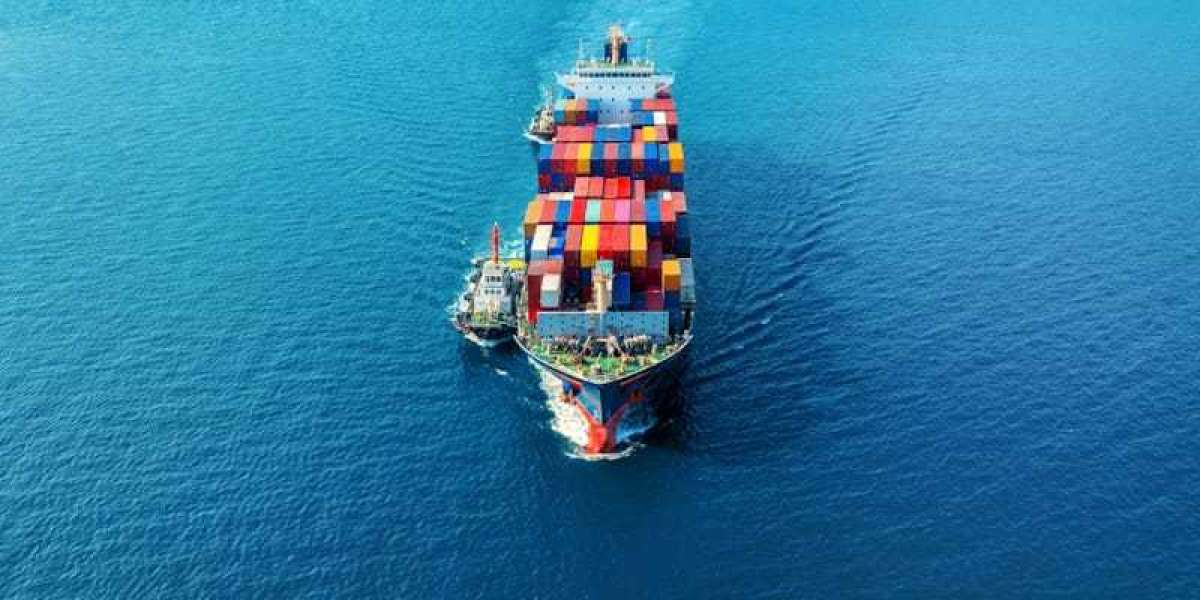The United Arab Emirates (UAE) is a global maritime hub due to its strategic location at the crossroads of international trade routes. As a vital component of the UAE’s economy, the maritime sector demands robust protection against various risks, making marine insurance indispensable. This comprehensive guide delves into the significance, types, coverage, and benefits of marine insurance in the UAE, offering valuable insights for businesses and individuals alike.
Importance of Marine Insurance in the UAE
Marine insurance is crucial in the UAE due to the country's extensive maritime activities. The UAE's ports, such as Jebel Ali, Khalifa Port, and Port Rashid, are among the busiest in the world, handling millions of tons of cargo annually. Marine insurance provides financial security and peace of mind, safeguarding against potential losses or damages to vessels and cargo during transit.
Economic Significance
The maritime sector significantly contributes to the UAE's GDP. The insurance coverage ensures smooth and uninterrupted trade operations, fostering economic growth and stability. By mitigating financial risks, marine insurance supports businesses in maintaining their supply chains and meeting contractual obligations.
Legal Requirement
In the UAE, marine insurance is often a legal requirement for shipping companies and cargo owners. Regulatory bodies mandate insurance coverage to protect the interests of all parties involved in maritime activities, ensuring compliance with international standards and practices.
Types of Marine Insurance
Marine insurance encompasses various types, each tailored to specific needs and risks associated with maritime activities. Understanding these types helps businesses and individuals choose the most appropriate coverage.
1. Hull and Machinery Insurance
Hull and Machinery Insurance covers physical damage to the ship's hull and machinery. This type of insurance is essential for shipowners, protecting their vessels against risks such as collisions, grounding, fire, and other perils.
2. Cargo Insurance
Cargo Insurance protects the goods being transported by sea. This coverage is vital for businesses engaged in international trade, offering financial protection against loss or damage to cargo due to accidents, theft, or natural disasters.
3. Freight Insurance
Freight Insurance covers the loss of freight revenue for shipowners. If cargo is lost or damaged during transit, the shipowner may lose the freight charges. This insurance ensures compensation for such losses, maintaining financial stability.
4. Liability Insurance
Marine Liability Insurance covers legal liabilities arising from maritime activities. This includes protection against claims for bodily injury, property damage, pollution, and other liabilities. It is crucial for shipowners, charterers, and operators to safeguard against potential legal and financial repercussions.
5. Protection and Indemnity (PI) Insurance
PI Insurance provides comprehensive coverage for third-party liabilities and crew-related risks. It covers a wide range of liabilities, including collision liabilities, environmental damage, and crew injuries. PI clubs, which are mutual insurance associations, typically offer this coverage.
Coverage and Benefits of Marine Insurance
Marine insurance offers extensive coverage, ensuring comprehensive protection for various maritime risks. The benefits extend beyond financial compensation, promoting operational efficiency and risk management.
Coverage
- All-Risk Coverage: Marine insurance policies often provide all-risk coverage, protecting against a broad spectrum of perils, including natural disasters, piracy, accidents, and theft.
- War and Strike Coverage: This coverage extends to risks arising from war, strikes, riots, and civil commotions. Given the geopolitical landscape, such coverage is essential for maritime operations in certain regions.
- General Average: In case of extraordinary sacrifices or expenses incurred for the common safety of the vessel and cargo, general average coverage ensures that losses are shared proportionately among all parties involved.
- Constructive Total Loss: If the cost of repairing a damaged vessel exceeds its insured value, the insurance policy covers the total loss, offering financial relief to the shipowner.
Benefits
- Risk Mitigation: Marine insurance mitigates financial risks associated with maritime activities, enabling businesses to operate confidently and efficiently.
- Compliance and Credibility: Having marine insurance enhances a company's credibility, demonstrating compliance with legal requirements and commitment to risk management.
- Financial Stability: By providing compensation for losses, marine insurance ensures financial stability for businesses, preventing disruptions in cash flow and operations.
- Peace of Mind: Marine insurance offers peace of mind to shipowners, cargo owners, and other stakeholders, allowing them to focus on their core activities without worrying about potential risks.
Factors to Consider When Choosing Marine Insurance
Selecting the right marine insurance policy requires careful consideration of various factors to ensure adequate coverage and protection.
- Nature of Cargo and Vessel
The type of cargo and vessel plays a significant role in determining the insurance requirements. High-value or perishable goods may require specialized coverage, while different types of vessels may have varying risk profiles.
- Geographic Scope
The geographic scope of maritime operations influences the insurance policy. Areas prone to piracy or political instability may necessitate additional coverage, such as war and strike insurance.
- Policy Terms and Conditions
Understanding the terms and conditions of the insurance policy is crucial. Businesses should carefully review the coverage limits, exclusions, deductibles, and claim procedures to ensure comprehensive protection.
4. Insurer's Reputation
Choosing a reputable and financially stable insurer is essential for reliable coverage. Businesses should consider insurers with a strong track record, good customer reviews, and prompt claim settlement processes.
5. Customization Options
Insurance needs vary across businesses. Opting for policies that offer customization options allows businesses to tailor coverage to their specific requirements, ensuring optimal protection.
You may also explore: Best Travel Insurance in the UAE
Conclusion
Marine insurance is a cornerstone of the maritime industry in the UAE, providing essential protection against a myriad of risks. From safeguarding vessels and cargo to ensuring compliance and financial stability, marine insurance plays a pivotal role in the smooth functioning of maritime operations. By understanding the types, coverage, and benefits of marine insurance, businesses and individuals can make informed decisions, securing their maritime ventures and contributing to the UAE’s thriving maritime sector.
In a dynamic and ever-evolving maritime landscape, having robust marine insurance is not just a necessity but a strategic advantage, enabling businesses to navigate the seas of uncertainty with confidence and resilience.







